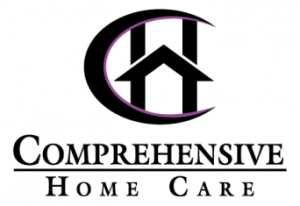Traveling with the Elderly
The warm weather is here, which means family vacations are approaching. Just remember when you’re planning out the details of your next vacation don’t forget to factor in your senior loved ones. Traveling with the elderly requires careful planning and preparation. No matter the destination or method of transportation, their safety and comfort should be at the forefront of your mind.
If you’ll be traveling with the elderly keep the following in mind:
Consult with their physician. Before plans are solidified make sure they are allowed to travel. The doctor may also provide advice on the best practices for traveling with someone in their condition.
Follow their routines. Ensure they are eating, drinking, sleeping, and most importantly taking medication at the same time as usual. Set a reminder if necessary.
Travel light and use luggage with wheels. Lugging your own luggage through an airport or in a vehicle while also worrying about other people’s luggage can be very stressful.
Keep medication accessible. Make sure any medication that needs to be taken during the trip is where it can be reached.
Flight specific tips include:
Allow plenty of time to get through the airport. Arrive at least 2 hours prior to the flight.
Understand regulations for medications. Follow regulations when packing to avoid any holdups at security.
Take advantage of the assistance airports provide. Many airports offer special assistance such as the ability to expedite security and to receive assistance with luggage.
Think about where on the plane would be best to sit. Sitting closest to the exit for a quick entrance and exit or near the closest restroom may be the best options.
Nonstop flights decrease stress. Instead of worrying about making it to the next flight on time choose a nonstop flight.
